Revolutions
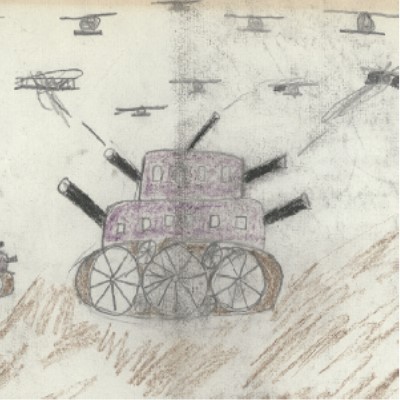
Children's Drawings of the Spanish Civil War
In short, this is a potentially interesting collection that gives a child's perspective on the war, but from a teacher's point of view, there is very little help in ways of deploying it in the classroom.
American Centuries
A section of the site called "In the Classroom" offers numerous lesson plans for elementary and middle-school teachers, some written by museum employees and some by schoolteachers themselves, using materials in the online exhibits.
Liberty, Equality, Fraternity
It is this type of versatility, coupled with the topical essays and the intuitive design of Liberty, Equality, Fraternity that makes this site a welcome resource for teachers of European history and world history (and their students).
The Story of Africa
Each segment provides a selection of quotes from primary sources that illuminate specific issues. There are many gems to mine. They range from original lyrical quotations that capture the imagination...to arresting images of initiation rituals and political power.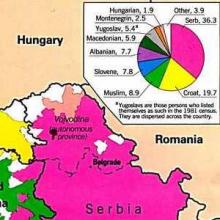
Long Teaching Module: The Collapse of Yugoslavia
This case study examines the rewriting and reworking of Serbian national history that accompanied the breakup of Communist Yugoslavia, especially by intellectuals, and the role such groups played in reconstructing and resurrecting a distinct narrative of Serbia’s national history.
Source Collection: Songs of the Revolution
Music and singing were fundamentally important parts of the revolutionary experience. Amateurs and formally trained composers alike produced thousands of songs and hymns that celebrated or criticized the Revolution.
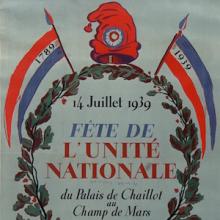
Source Collection: Legacies of the Revolution
The powerful influence of the French Revolution can be traced in the reactions of those who witnessed the event firsthand and in the strong emotions it has aroused ever since.

Mr. de Lafayette, Commander of the Paris National Guard, Receives the City’s 'Sword for the Defense of Liberty'
During the French Revolution the most visible connection between America and France was Lafayette, who had volunteered for service in the American Revolution and had been mentored by Washington and Jefferson.
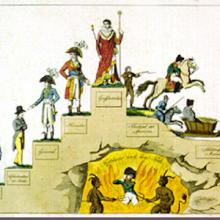
Source Collection: The Napoleonic Experience
The bare facts of the life of Napoleon Bonaparte stagger the imagination and rival the plots of the most fantastic novels.
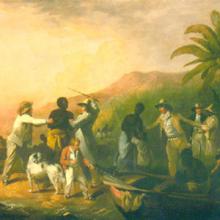
Source Collection: Slavery and the Haitian Revolution
Since the revolutionaries explicitly proclaimed liberty as their highest ideal, slavery was bound to come into question during the French Revolution. Even before 1789 critics had attacked the slave trade and slavery in the colonies.